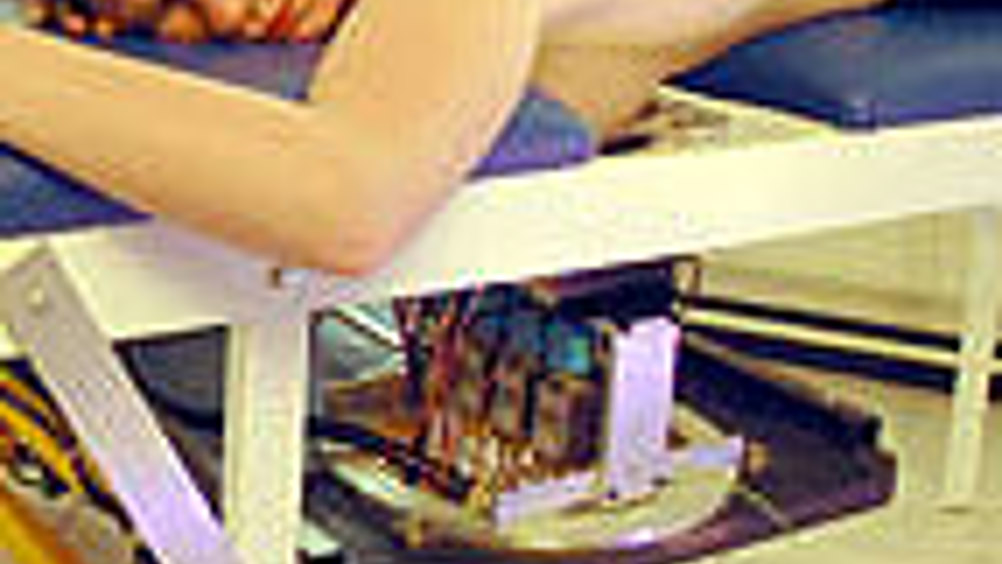Breast screening
Bristol University researchers have been awarded £0.5m of funding to continue research into developing a novel breast cancer detection system.

A team led by Dr Ian Craddock, a Reader in Bristol University's Department of Electrical and Electronic Engineering, has recently been awarded £0.5m of funding from the EPSRC to continue its research into a novel breast cancer detection system.
The team's clinical prototype - dubbed MARIA (Multistatic Array processing for Radiowave Image Acquisition) does not require a patient to be exposed to X-rays. Instead, it employs radar techniques borrowed from land mine detection systems to image tumours within the breast.
The new funding will enable the research team to create a detailed electromagnetic model of the imaging system. This will allow them to optimise its operation, with the aim of improving the quality of the images taken by the system, especially those of younger women whose breasts are very difficult to image using X-rays.
Micrima, a Bristol University spin-out company formed to commercialise the breast screening technology, recently secured £2m of investment from a syndicate of co-investors led by YFM (Yorkshire Fund Managers) Group and Swarraton Partners. Existing investor NESTA (National Endowment for Science, Technology & the Arts) also participated in the funding round.
Register now to continue reading
Thanks for visiting The Engineer. You’ve now reached your monthly limit of news stories. Register for free to unlock unlimited access to all of our news coverage, as well as premium content including opinion, in-depth features and special reports.
Benefits of registering
-
In-depth insights and coverage of key emerging trends
-
Unrestricted access to special reports throughout the year
-
Daily technology news delivered straight to your inbox










National Gas receives funding to develop Gravitricity underground hydrogen storage system
One single rock salt mine - Winsford - has 23 <i>MILLION </i>cubic metres of void and even allowing for 10% of that void set aside for hazardous waste...